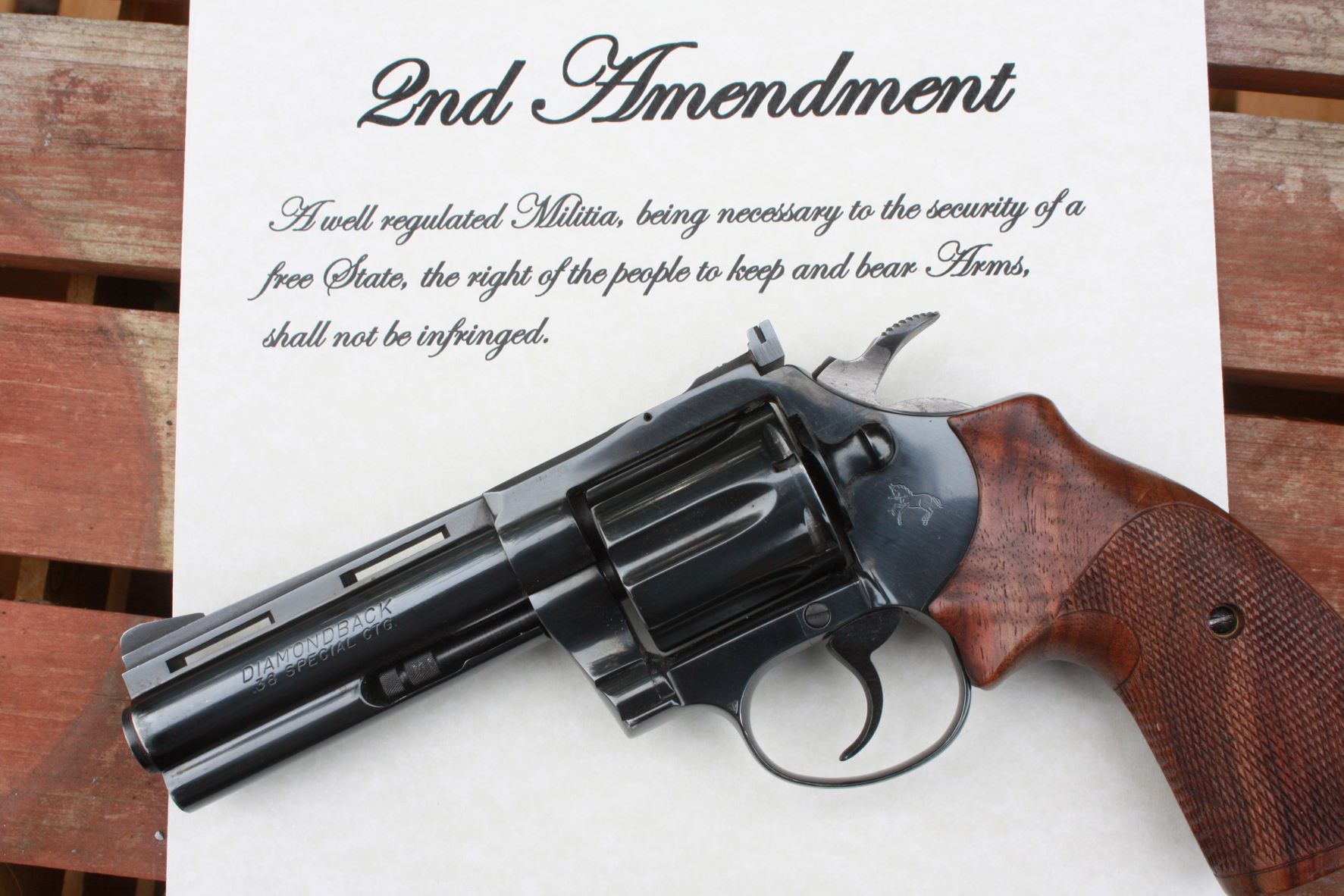
By Dave Workman
Editor-in-Chief
A new Elway survey of Washington State voters includes information not favorable to Democrats when it comes to the Second Amendment.
The Elway poll asked about certain bills and at the top of the list was a question about support/opposition for legislation requiring a gun buyer to obtain a permit and to complete State Patrol safety training before purchasing a firearm.
According to the poll results, 48 percent “strongly favor” this legislation and 15 percent “favor” it. Thirteen percent “oppose” the law and 21 percent “strongly oppose” it.
As it turns out, the poll was heavily weighted toward Democrats (43%) and Independents (38%), while only 19 percent of the survey respondents consider themselves Republicans. The legislation was opposed by every Republican, but it passed because Democrats hold majorities in both the state House and Senate, and
Translation: Democrats support what gun owners consider “extremist” regulation of a constitutionally-protected right, and even Independents support the notion that gun buyers should first obtain permission from the state police before they can exercise their right to keep and bear arms, protected by both the state and federal constitutions.
Would Democrats, and even Independents, favor requiring police approval before exercising any other constitutionally-enumerated right?
The law doesn’t take effect until May 12, 2027, and by that time, probably every gun rights organization in the country will be lining up with plaintiffs to challenge the mandate in both state and federal court.
Critics say the permit-to-purchase requirement turns a constitutional right into a government-regulated privilege, and therefore is unconstitutional. This will have to be decided by the court, and a recent ruling by the Ninth U.S. Circuit Court of Appeals in the case of Rhode v. Bonta might provide some insight.
In that case, a Ninth Circuit panel ruled 2-1 that California’s background check requirement for purchasing ammunition in that state violates the Second Amendment. The appeals court panel upheld an injunction issued by a federal district court against the law, which dates back to 2019.



